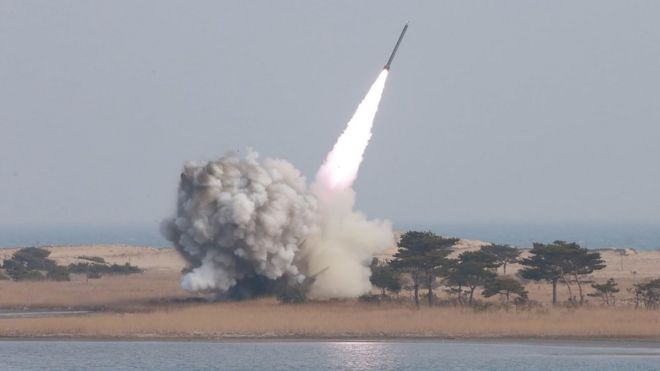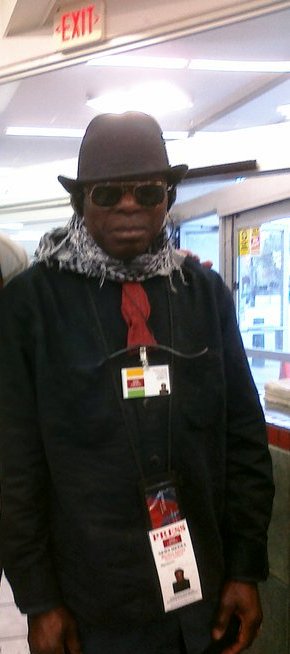“IF OUR party can’t even handle food-safety issues properly, and keeps on mishandling them, then people will ask whether we are fit to keep ruling China.” So Xi Jinping warned officials in 2013, a year after he became the country’s leader. It was a remarkable statement for the chief of a Communist Party that has always claimed to have the backing of “the people”. It suggested that Mr Xi understood how grievances about official incompetence and corruption risked boiling over. Mr Xi rounded up tens of thousands of erring officials, waging a war on corruption of an intensity not seen since the party came to power in 1949. Many thought he was right to do so.
Today, however, China is enduring its biggest public-health scandal in years. Tens of millions of dollars-worth of black-market, out-of-date and improperly stored vaccines have been sold to government health centres, which have in turn been making money by selling them to patients.
Mr Xi’s anti-graft war has often made little difference to ordinary people. Their life—and health—is still blighted by corruption. In recent days there have also been signs of discontent with Mr Xi among the elite: official media complaining openly about reporting restrictions, a prominent businessman attacking him on his microblog, a senior editor resigning in disgust.
Mr Xi has acquired more power than any Chinese leader since Mao Zedong. It was supposed to let him get things done. What is going wrong?
Credibility gap
In fairness, Mr Xi was bound to meet with hostility. Many officials are angry because he has ripped up the compact by which they have operated and which said that they could line their pockets, so long as corruption was not flagrant and they did their job well.
But Mr Xi has also found that the pursuit of power is all-consuming: it does not leave room for much else. In three and a half years in charge, he has accumulated titles at an astonishing pace. He is not only party leader, head of state and commander-in-chief, but is also running reform, the security services and the economy. In effect, the party’s hallowed notion of “collective” leadership (see
article) has been jettisoned. Mr Xi is, one analyst says, “Chairman of Everything”.
At the same time, he has flouted the party’s ban on personality cults, introduced in 1982 to prevent another episode of Maoist madness. Official media are filled with fawning over “Uncle Xi” and his wife, Peng Liyuan, a folk-singer whom flatterers call “Mama Peng”. A video, released in March, of a dance called “Uncle Xi in love with Mama Peng” has already been viewed over 300,000 times. There have been rumours recently that Mr Xi feels some of this has been going a bit far. Some of the most toadying videos, such as “The east is red again” (comparing Mr Xi to Mao), have been scrubbed from the internet.
Many would take that as a sign that the personality cult is little more than harmless fun. Mr Xi is no Mao, whose tyrannical nature and love of adulation were so great that he blithely led the country into the frenzy and violence of the Cultural Revolution. Although some older Chinese squirm at a style of politics so reminiscent of days long past, there is no suggestion that China is on the brink of another such horror.
But Mr Xi does not need to be as extreme as Mao for his concentration of power to cause harm. He has been fighting dissent with even more ruthlessness than he has been waging war on graft. Not since the dark days after the Tiananmen Square protests in 1989 has there been such a sweeping crackdown on critics of the party. Internet censors have been busy deleting messages posted on social media by outraged citizens in response to the vaccine scandal. These have included posts reminding Mr Xi of his words in 2013 about the party’s fitness to rule. Police have also been investigating the appearance early in March of an anonymous letter on a government-affiliated website calling on Mr Xi to resign (raising, among several transgressions, the personality cult and his stifling of the media). Some 20 people have been arrested. Yet this work is never-ending. Even now citizens are pushing back. With the help of the internet, no matter how heavily it is blocked and censored, their voices keep crying out.
No liberal, Xi
By cracking down and puffing himself up, Mr Xi is neither buying himself security nor helping to keep China stable. He is using the party’s own thuggish investigators to take on graft. But they have a greater interest in settling political scores than in ensuring laws are applied fairly. That gets in the way of good administration, if only because officials are scared of spending money in case it attracts a probe. By cowing the media, Mr Xi created a press reluctant to challenge officials by exposing the dodgy-vaccine trade as soon as it was discovered at least a year ago. By the time such scandals eventually come to light, they pose even greater threats to the party’s, and Mr Xi’s, credibility.
Mr Xi has pledged to give market forces a “decisive role”, and put “power in a cage” by establishing the rule of law. But he is providing neither the country with prosperity and freedom, nor reassuring the rest of the world with stability. Abroad, anxieties about him keep growing: his muscular efforts to assert control in the South China Sea have been driving countries across Asia closer to the American camp.
Earlier in Mr Xi’s rule, observers had wondered whether, after establishing himself, he would turn to carrying out the reforms that he says he wants. But hopes are fading that a big reformist push will ever materialise. Mr Xi appears to have little time for the politically irksome business of making the party follow the law, closing down loss-making state-owned firms, or bringing about much-needed social changes, such as scrapping restrictions on access by rural migrants to urban public services. The task of preserving his power is a full-time job.
In the past 66 years of Communist rule in China, the most troubled times have usually come about when tensions break out within the elite. Mr Xi’s style of rule is only serving to stoke them. The more Mr Xi tries to fight off enemies using scare tactics and brute force, the more enemies he is likely to make.
 Image copyright KCNA
Image copyright KCNA 

